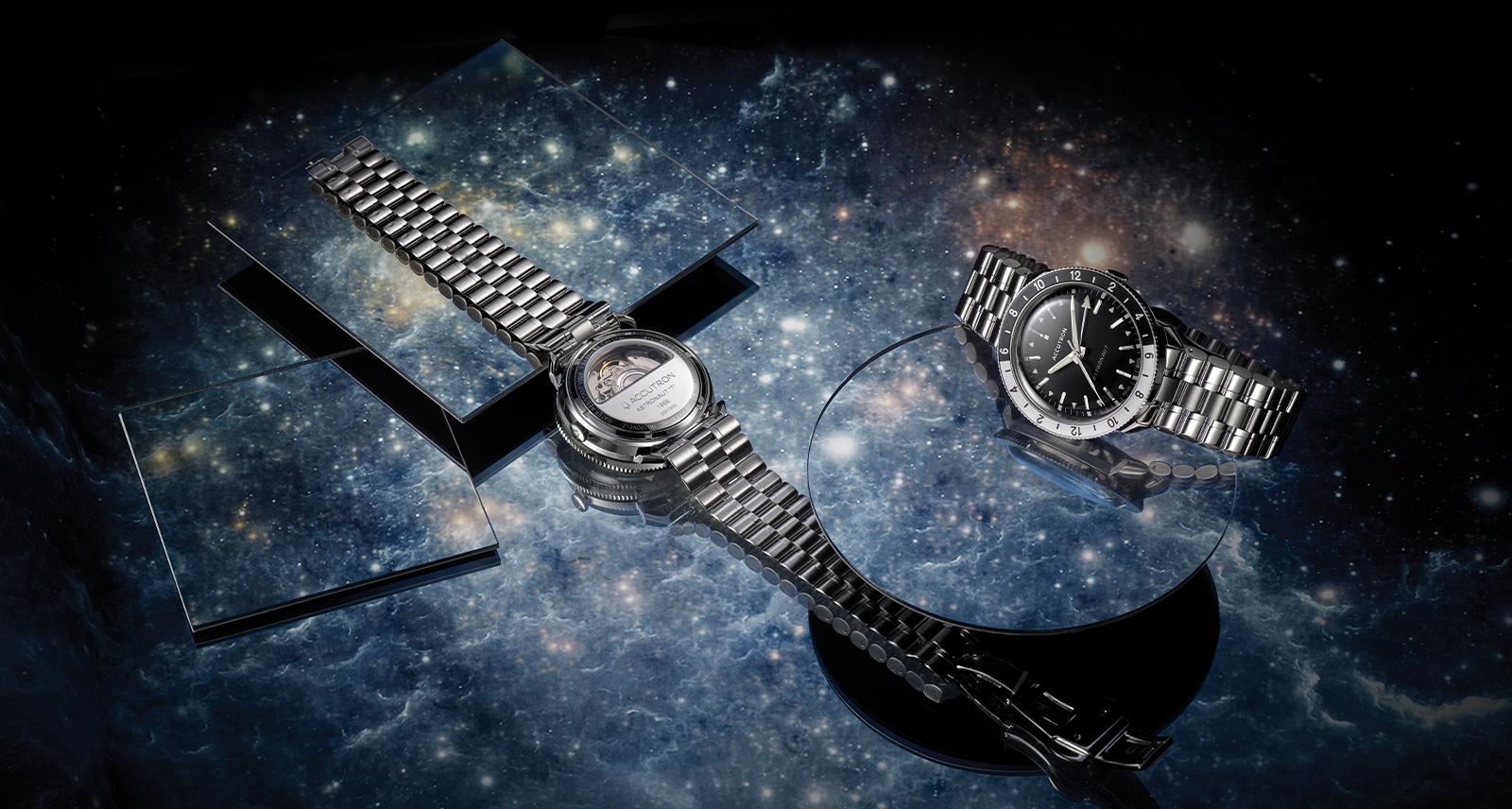Can Michael Fassbender Finally Get ‘Macbeth’ Right?
The new movie of Macbeth, with Michael Fassbender and Marion Cotillard, is going to be exciting. There are ferocious battles. There are large armies marching in kilts through the Highland heather. There are really scary witchcraft scenes. There’s what appears to be an extended treatment of the massacre of the Macduff clan, with Lady Macduff tied up and forced to witness the destruction of her children. And it’s a safe bet that Birnam Wood will come to Dunsinane in spectacular fashion—soundtrack blaring.
Macbeth has always been one of the film industry’s favourite Shakespeares. It’s set in barbarous times and picturesque climes. It offers two obvious star roles, one for each gender. It’s a multiple murder story, with witches and ghosts. It’s a game of thrones, and people seem to like those. It also doesn’t hurt that it’s one of the shortest Shakespeare plays, and much the shortest of the great tragedies.
The play practically films itself. That doesn’t mean they’ve all been cinematic gold, though.
There were silent Macbeths in 1908 and 1916, but the first talkie didn’t come along till 1948; Orson Welles directed and starred in a typically idiosyncratic version, which he pitched as “a perfect cross between Wuthering Heights and Bride of Frankenstein.” Quickly shot and with an amputated text, it’s part brilliant, part perverse: orthodox Orson, in fact. In 1960 there was a contrastingly sober slice of schoolroom Shakespeare, starring Maurice Evans, a transplanted Englishman who was mid-century America’s idea of a great Shakespearean actor. Far more flamboyant was Roman Polanski’s 1971 film, some of whose impact was extramural; the Macduff murder scene woke inevitable echoes, acknowledged by the director, of the killing of Polanski’s own pregnant wife by the Manson Family. It had two young stars (Jon Finch, who subsequently faded, and Francesca Annis, who didn’t); a nude sleepwalking; and the transformation of a couple of minor characters into ambitious or opportunistic villains: a brand of cynicism more usually encountered in Shakespeare on stage than on film.
But, if you’re hungry for Macbeth, even after you watch Fassbender glower intensely for a couple of hours, probably the finest take is the 1978 TV film of Trevor Nunn’s great intimate stage production, with Ian McKellen and Judi Dench (you’ve heard of them, right?). While what was stark on stage can seem mannered on screen, the intelligence and intensity are extraordinary, and Dench must be the only Lady Macbeth to have moved an audience to tears. As for the new version, Fassbender’s Macbeth may belong to the long line of British monarchs who asked for trouble, and got it, by marrying kittenish French princesses.
Robert Cushman is the theatre critic at the National Post.










